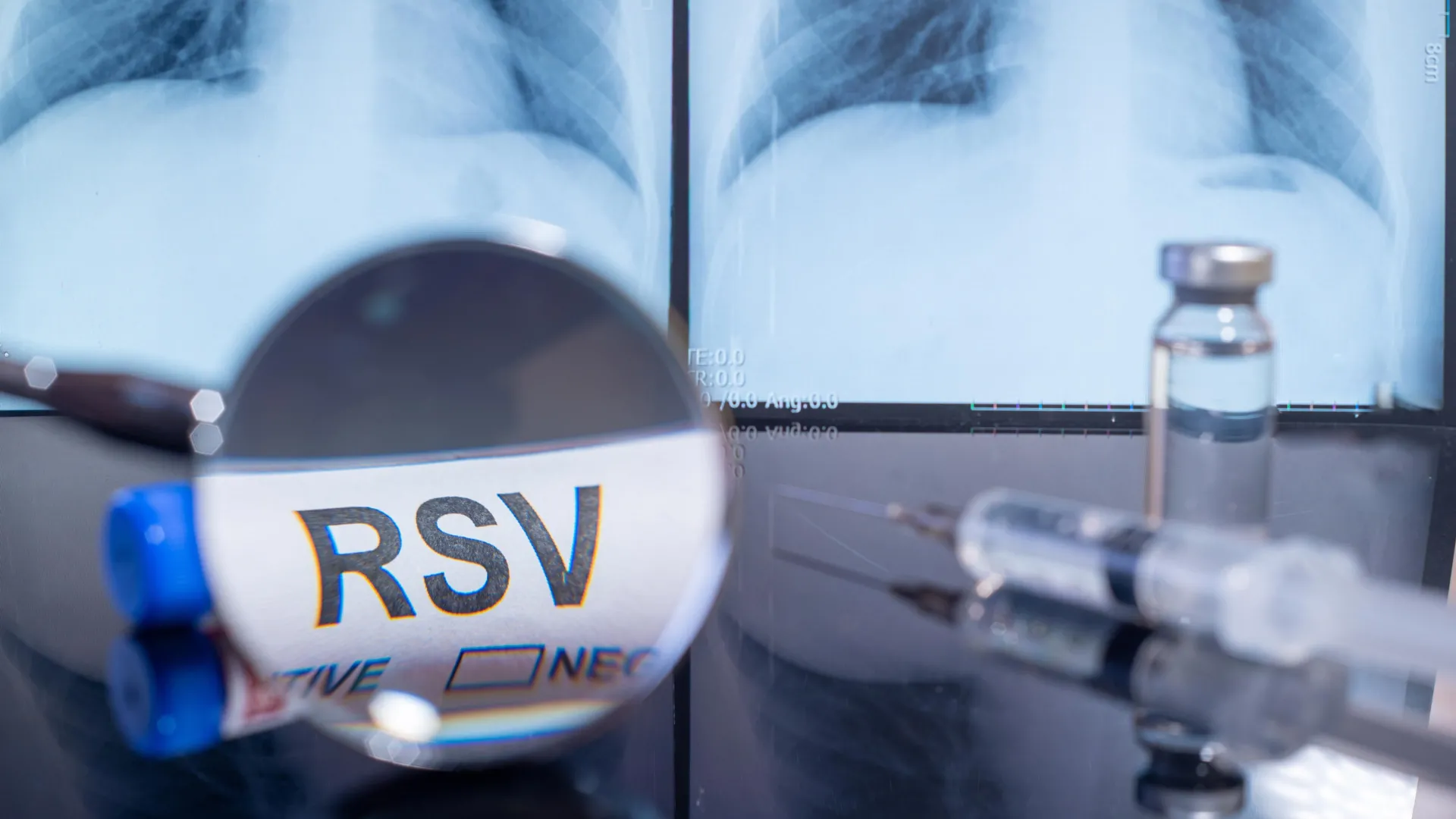Now Reading: Breakthrough Chemistry Enhances Safety and Efficacy of mRNA Vaccines
-
01
Breakthrough Chemistry Enhances Safety and Efficacy of mRNA Vaccines
Breakthrough Chemistry Enhances Safety and Efficacy of mRNA Vaccines

Rapid Summary
- Researchers at teh University of Pennsylvania have developed a new approach to mRNA vaccine delivery that reduces inflammation and improves efficacy.
- The study, published in Nature Biomedical Engineering, highlights how tweaking the chemical structure of ionizable lipids in lipid nanoparticles (LNPs) improves performance.
- by incorporating phenol groups into LNPs using a chemical process known as the Mannich reaction, inflammation was considerably reduced while boosting vaccine effectiveness.
- These phenol-containing lipids, called C-a16 lnps in experiments, enhanced outcomes for mRNA vaccines used for cancer treatment and genetic diseases like hATTR.
- Key findings:
– In animal models,C-a16 LNP-based cancer treatments shrank tumors three times more effectively than current LNP-based technologies.
– COVID-19 vaccines formulated with C-a16 achieved immune responses five times stronger than standard formulations.
– Gene-editing tools like CRISPR had double the effectiveness when delivered via these new lipids compared to existing methods.
– Reduced oxidative stress was noted as critical to these improvements.
- This research is supported by several U.S.-based organizations including NIH and NSF.
Indian Opinion analysis
This advancement offers crucial insights into improving mRNA technology by addressing common side effects such as inflammation while enhancing its efficacy across applications ranging from vaccines to gene editing. For India, where large-scale vaccination campaigns are pivotal and health systems frequently enough operate under resource constraints, innovations like anti-inflammatory phenol-containing lipids could have profound implications. Improved vaccine performance can potentially reduce doses required or mitigate adverse reactions during mass administration efforts.
Moreover, leveraging such advancements can strengthen local capacities in biotechnology sectors focused on combating cancers or hereditary illnesses prevalent within India’s diverse population. As a manufacturing hub for global pharmaceuticals, integrating cutting-edge delivery methods into domestic production pipelines might also enable India to retain its edge in affordable healthcare solutions export.
Ensuring collaborations between Indian biotechnological institutions and groundbreaking research hubs like Penn Engineering could unlock pathways for further adaptation tailored toward regional challenges and needs without compromising on scalability or affordability.


























